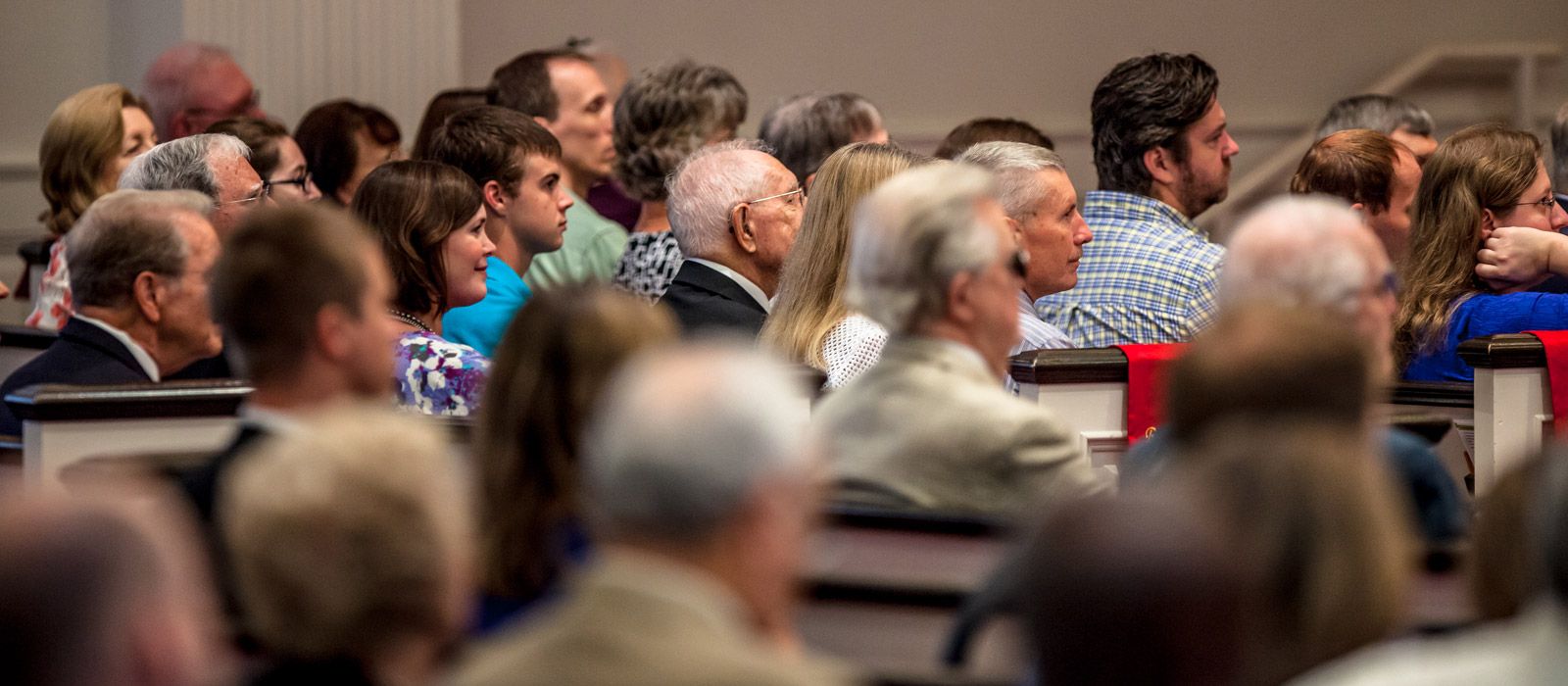ALL OUR GUILTY STAINS

Many a Bible reading plan has been derailed by Leviticus. You resolve to read through the Bible in a year, you get your Bible reading plan, you’re excited to get started, and you breeze through Genesis and the first half of Exodus. Then you hit chapter 21 and start reading all of the specific laws for Israel, and about the tabernacle, and the ark of the covenant, and what the priests were supposed to wear. If you make it through Exodus you hit Leviticus, an entire book of the Bible dedicated to how Israel was to remain ceremonially and ritually clean before God, and how sinful people can and should relate to a holy God.
Unfortunately, people often give up on reading their Bible all the way through after they get a few chapters into Leviticus. These laws, regulations, and sacrifices can seem so foreign to us and so removed from who we are as Christians living in the 21st century. I had this experience myself when I was a teenager trying to read through the Bible for the first time. I ended up skipping all the way ahead to Joshua, where there was a little more action. Thankfully, as I grew in my relationship with Jesus and my knowledge of the Bible, I came to understand that the cleanliness and dietary laws, along with all of the regulations concerning ritual purity that Leviticus covers, are still profoundly relevant to us today. They are meant to help us realize that we can’t stand before God unless we’re clean. We must undergo some kind of spiritual purification.
Unfortunately, a lot of people today are convinced that this need to be purified, to be cleansed, is just a myth. Shame, guilt, moral absolutes, certain ideas of right and wrong, are all considered just arbitrary conventions and just things that society has made up or that the powerful have come up with to oppress the powerless. People in their hearts aren’t unclean, defiled (definitely not sinful), but basically good. Yet we still wrestle with intense feelings of guilt and shame, no matter how hard we try to tell ourselves that they’re meaningless.
Franz Kafka, a writer at the beginning of the 20th century, wrote a book called The Trial in which a man named Joseph is living a normal, ordinary life until his 30th birthday. On that day two unidentified agents from an unidentified agency unexpectedly arrest him for an unspecified crime. Nobody will tell him what he did wrong or why he was arrested. He goes from one prison cell to another, from one hearing to another, but no one ever explains what is happening. Everyone is completely unsympathetic. Everyone keeps telling Joseph that he’ll have to talk someone else, that they’re just following orders.
As Joseph goes through this, he begins to think through his whole life trying to figure out what he did to get himself into this predicament. “Maybe it was for that, I did do that, but I didn’t think anyone knew. This doesn’t seem like it would be bad enough, but maybe I was arrested for this.” Joseph knows he did something wrong, but he can’t put his finger on it. He never finds out, and in the end, on the night before his 31st birthday, Joseph is killed by the warden. The point of the book is that each one of us has a deep, inescapable sense that we have done something wrong and that if people found out about it or if people knew what we were thinking or what we did in secret, others would reject and discard us. Maybe they would even arrest or punish us.
Even if we don’t believe in judgment or sin or hell, we know that deep down there is something wrong with us, that we have these guilty stains. We struggle to bury this feeling. We tell ourselves that we have a complex, or our parents didn’t love us enough, or that we’re victims, or other people just don’t understand us, or we have low-self esteem. But there is no escaping the fact that all of us have a sense we’re unclean.
The ultimate reason we feel that way is because we are sinners who live among other sinners in a sin-cursed world who have separated ourselves from God. We sense and feel we’re unclean because we actually are. Yet God, in His grace, has done everything necessary for us to be cleansed. Every cleanliness law reminds us that we must be clean before God. Every cleanliness law points toward and is fulfilled in Jesus Christ. He makes us clean and whole in God’s sight, transforming us from the inside-out.
Second Corinthians 5:21 says that Jesus, the one who knew no sin, was made to be sin on our behalf so that we might become the righteousness of God in him. Jesus took our sin, along with the punishment and wrath our sin deserves so that one day we could be clothed in fine, white linen, without stain or blemish (Eph 5:26–27). Jesus was made unclean so that we could be made clean, and this is the only thing that can change our hearts and remove our guilty stains. This happens when we trust him, follow him, and accept what he has done on our behalf.


